A “disorderly” Brexit without a trade deal could present greater challenges for retailers’ food supply chains than the coronavirus pandemic, MPs have been told.
The stark warning from Andrew Opie, the director of food sustainability at the British Retail Consortium, came as he addressed the challenges of Covid-19, including panic buying and demands that exceeded a typical Christmas period.
“If we thought this was a problem, I think we should starting looking forward to a disorderly Brexit in January,” he told the Environment, Food and Rural Affairs Committee. “If we get a disorderly Brexit we potentially face a bigger challenge to the food supply chain [than was] faced with Covid.”
Download the new Independent Premium app
Sharing the full story, not just the headlines
Mr Opie said that during the initial days of the pandemic, Italy “during its worst time” actually increased the country’s pasta production and sent more to the UK because the “borders were flowing”.
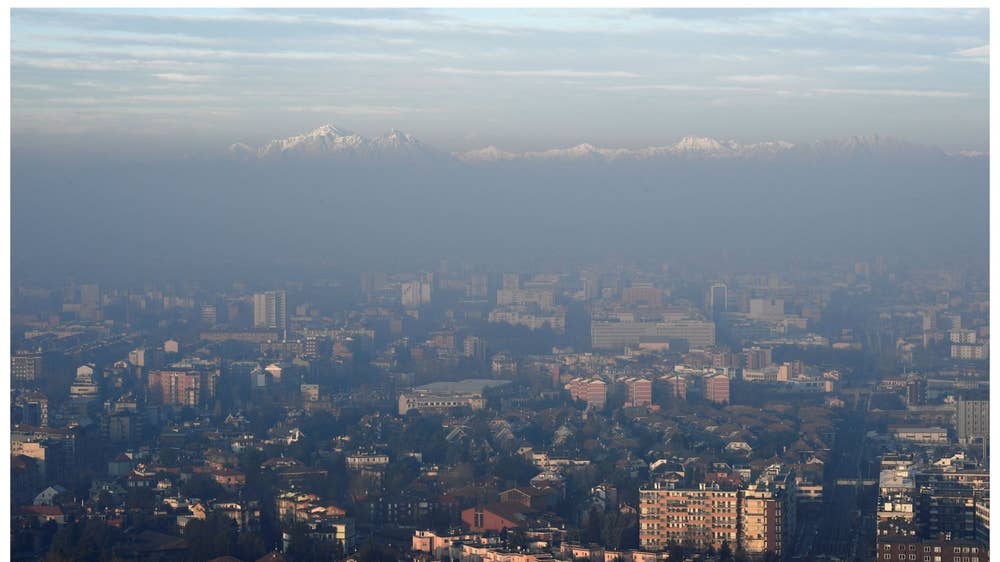
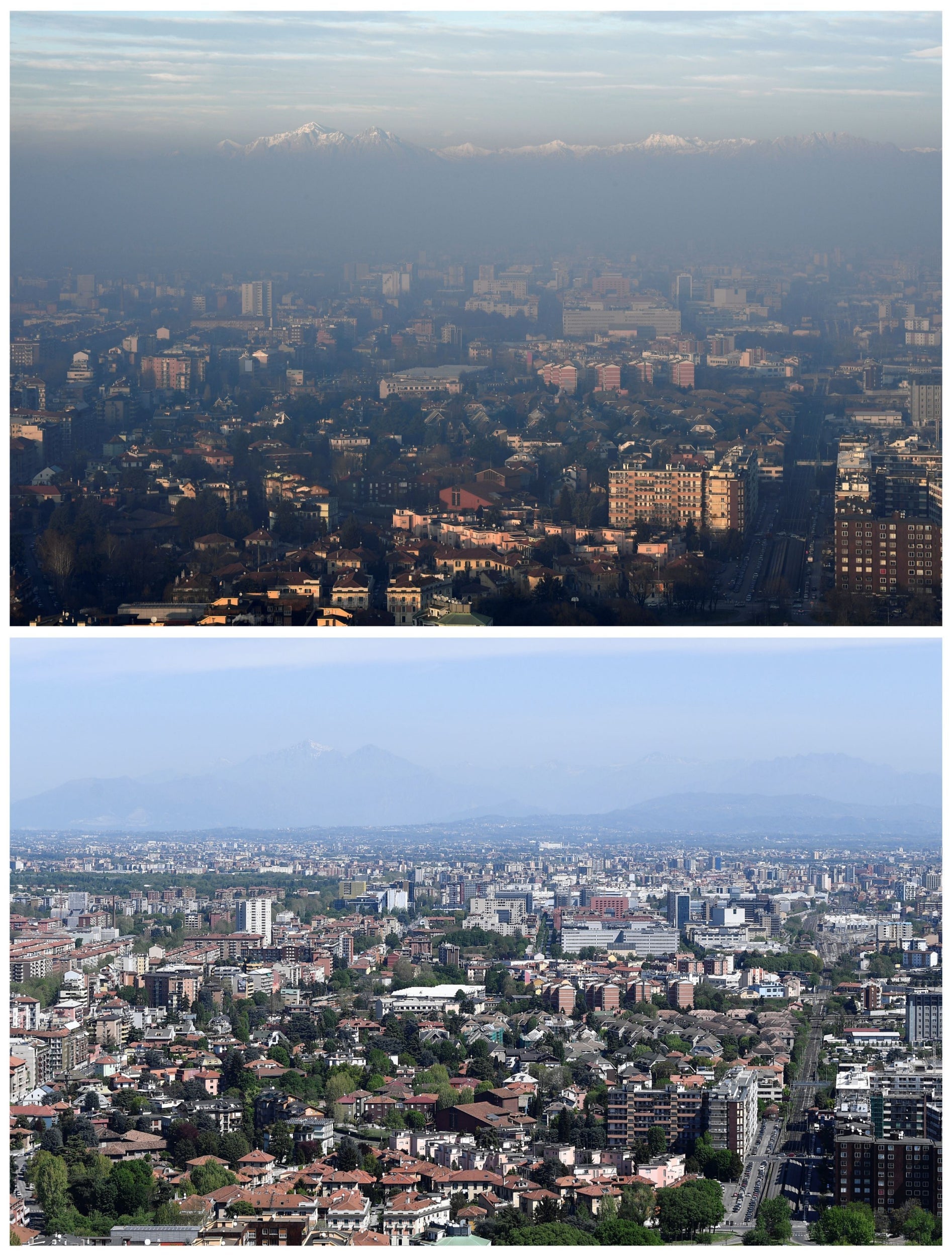
1/6
Milan, Italy
REUTERS
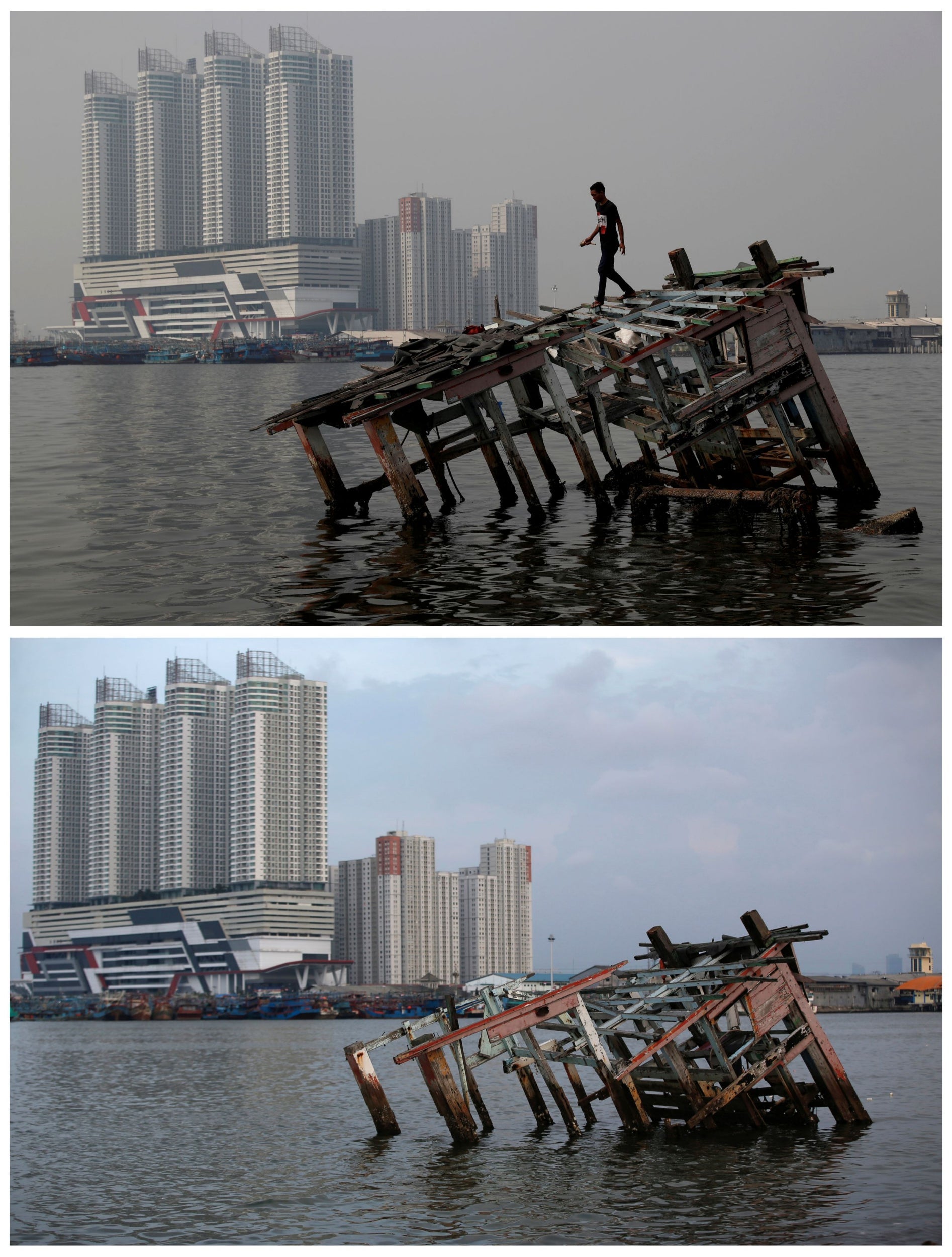
2/6
North Jakarta, Indonesia
REUTERS
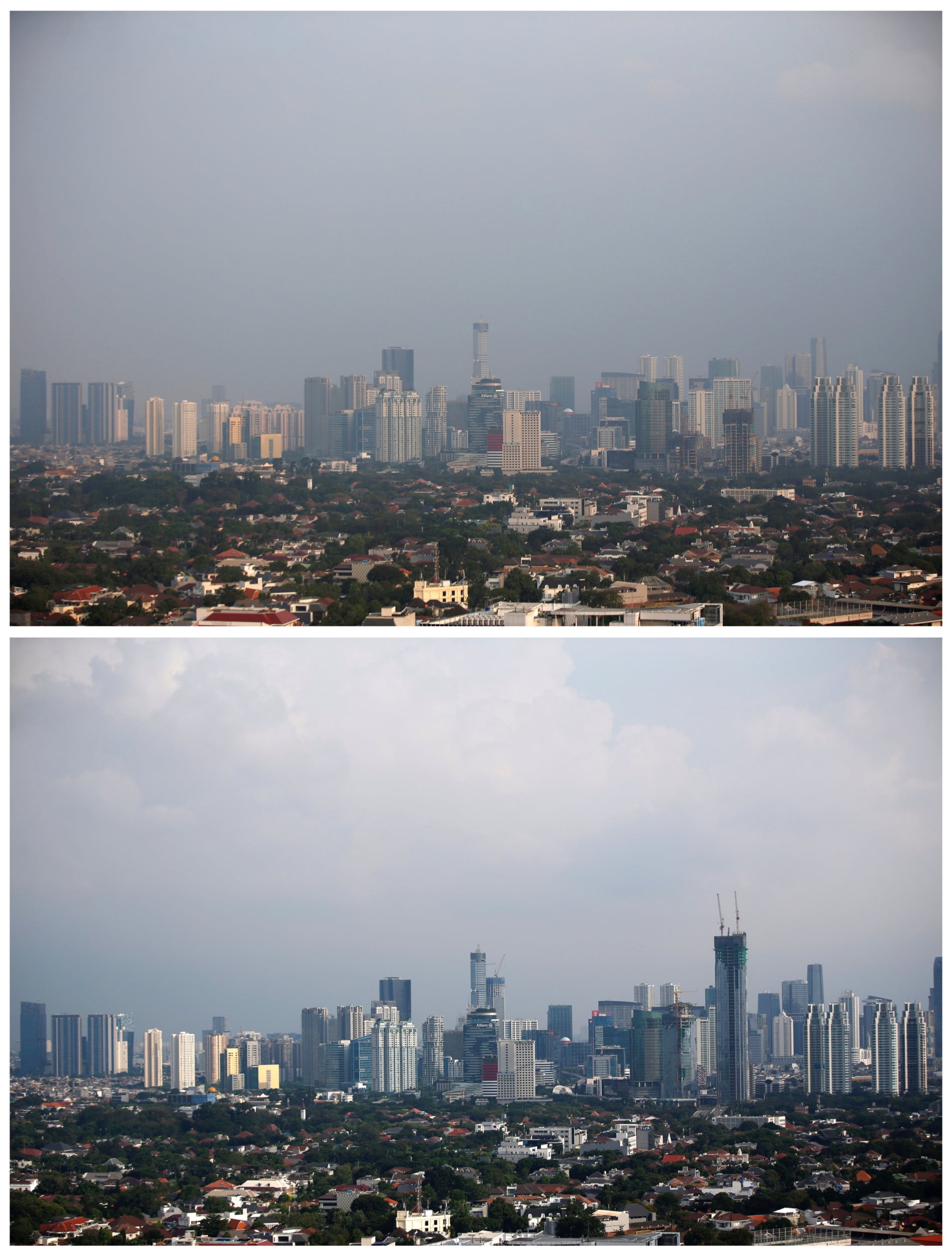
3/6
Jakarta, Indonesia
REUTERS
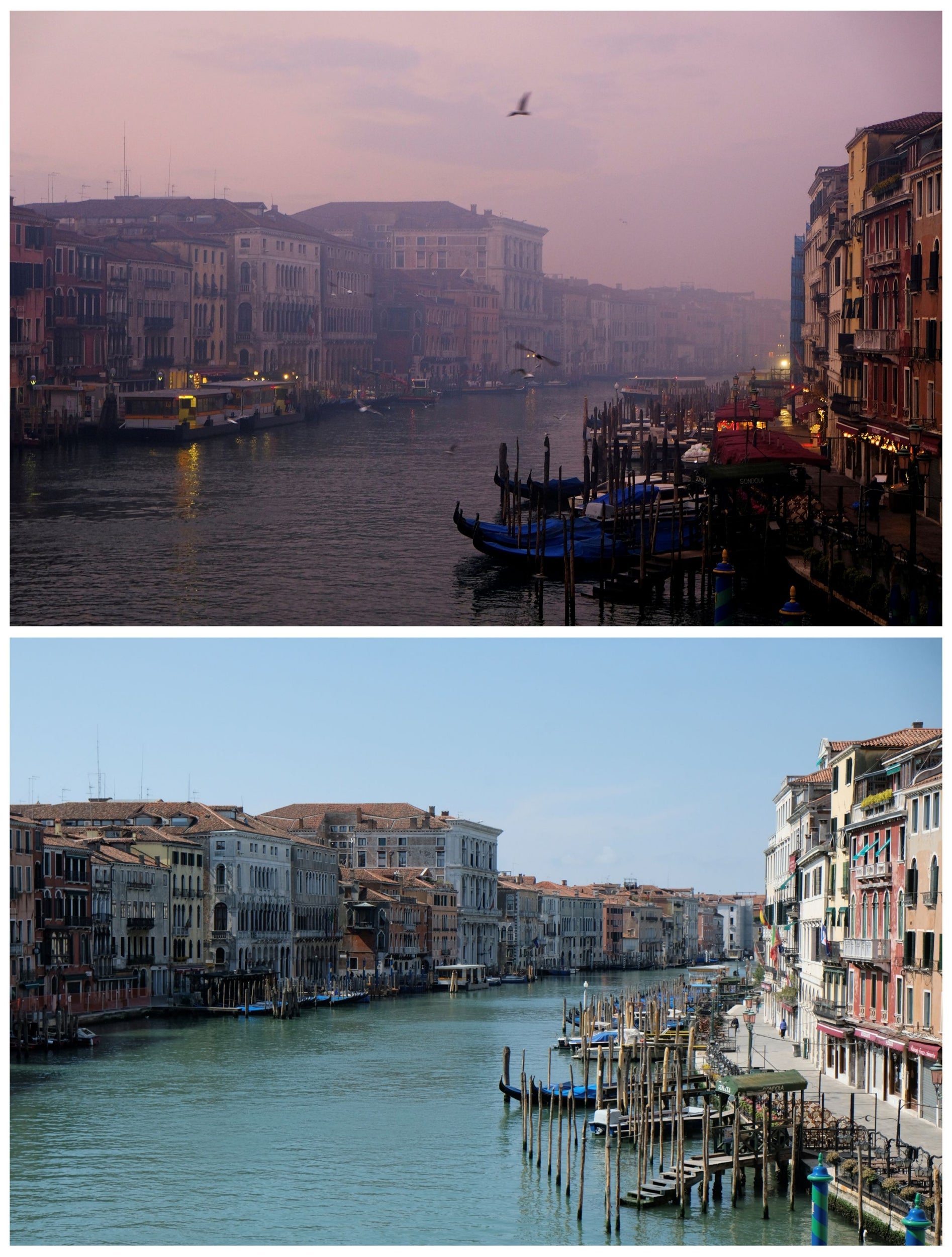
4/6
Venice, Italy
REUTERS
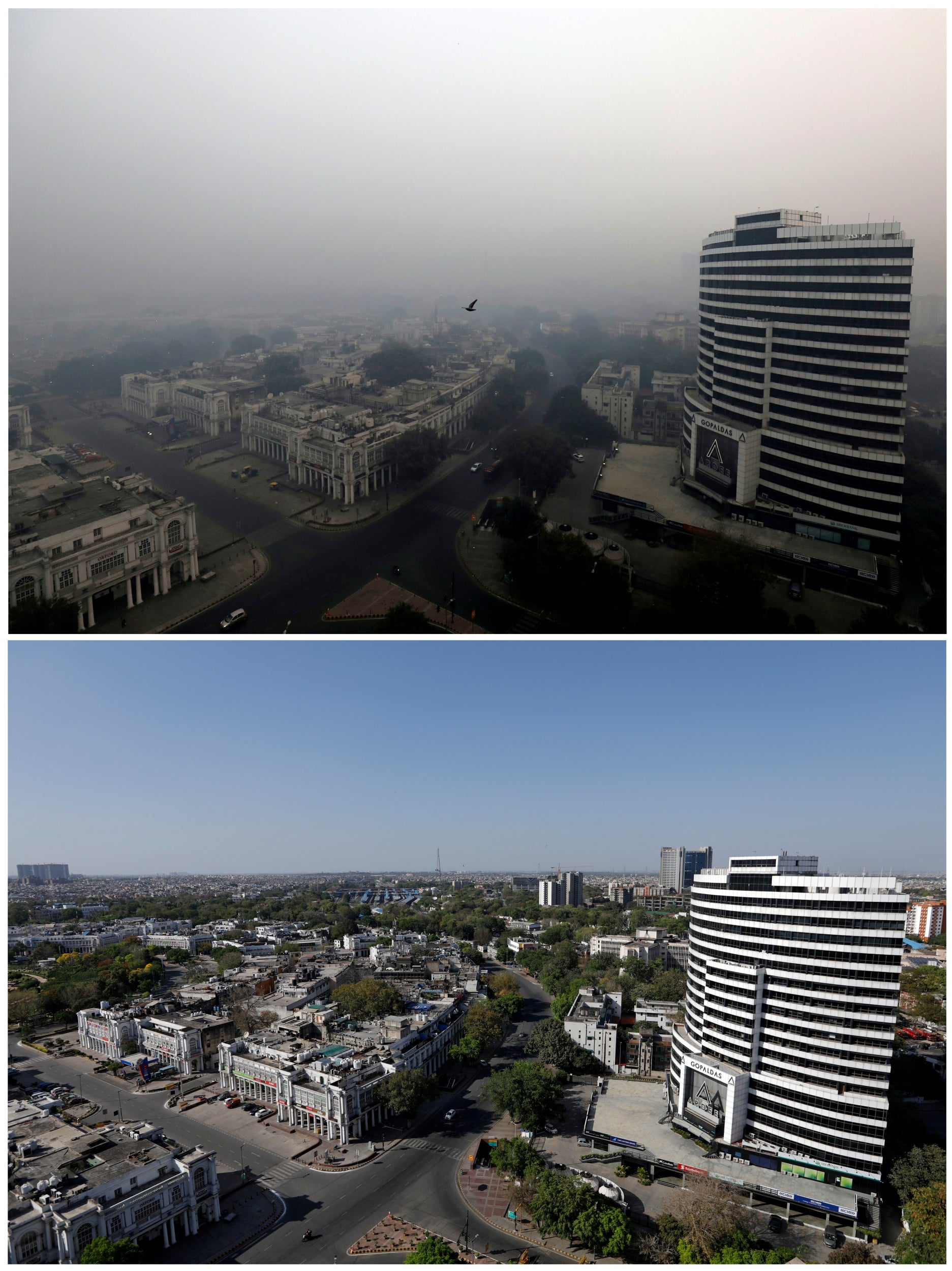
5/6
New Delhi, India
REUTERS

6/6
Islamabad, Pakistan
REUTERS

1/6
Milan, Italy
REUTERS

2/6
North Jakarta, Indonesia
REUTERS

3/6
Jakarta, Indonesia
REUTERS

4/6
Venice, Italy
REUTERS

5/6
New Delhi, India
REUTERS

6/6
Islamabad, Pakistan
REUTERS
“If we see the borders disrupted in January through a disorderly Brexit then we’ve got a big problem because then we don’t have the food in the country to move around, which is the bit we did really, really well in this crisis,” he said.
Addressing MPs on Friday, he went on: “I think we need an orderly Brexit that allows food to flow, particularly across the Channel straits where I think 90 per cent of our lettuces and 80 per cent of our tomatoes and 70 per cent of our soft fruit comes from in January.
“Otherwise we won’t have the food to move on to our stores. So I think, whilst we are incredibly resilient and we’ve got a brilliant workforce in this country, we can’t do anything if we can’t get the food into the country. Therefore the focus of retailers now is 100 per cent on what’s going to happen on 1 January.
“Let’s not go out of the frying pan into the fire, and that is exactly my warning to the committee, that we really need to focus on having a proper Brexit decision made in advance of January, otherwise we’ve got potentially a bigger problem than we had with Covid.”
His intervention came as the fourth round of talks between London and Brussels concluded, with the EU’s chief negotiator, Michel Barnier, accusing Boris Johnson of “backtracking” on commitments he made during the Brexit process.
He warned that “no significant progress” had been made on key points in the negotiations since they began, with a crucial summit assessing the state of talks and the deadline for requesting an extension to the 11-month transition period rapidly approaching.
During the hearing in Westminster, James Lowman, the chief executive of the Association of Convenience Stores, also said there had been “extraordinary” demand during the coronavirus crisis.
He said: “We experienced stockpiling, panic buying, however you want to finesse that phrasing, very much, but slightly after the big stores. We found that when people started going to big stores and finding, firstly, there were shortages on the shelves and, secondly, found it wasn’t particularly a pleasant experience at all times because of that panic-buying behaviour.
“It was then that people started to move across and look for other sources of supply, and that very much included the convenience stores sector.”


